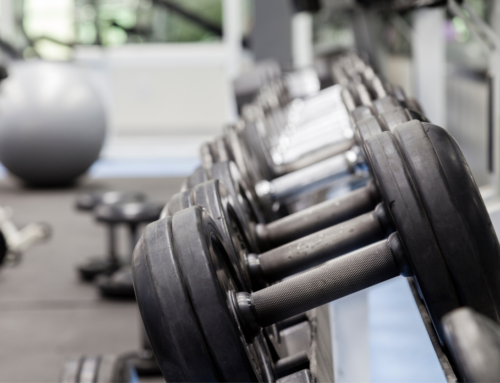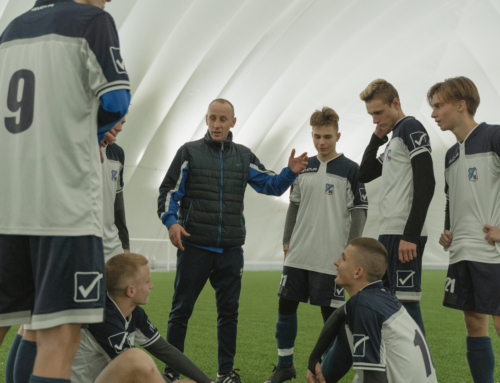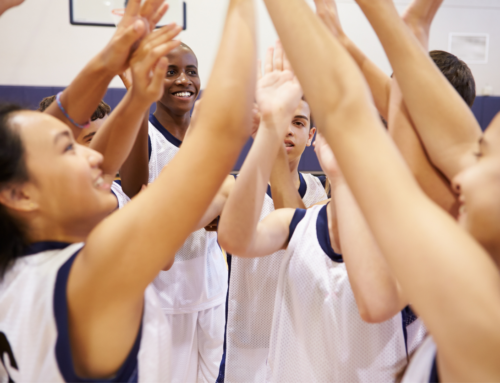Surefire Strategies To Beat Burnout And Avoid Injuries
As specialization has increased and some sports have become year-round pursuits, much has been written about the downside of being a one-sport athlete. However, if you are a one-sport athlete, there’s no reason you can’t succeed in your sport and maybe even parlay that into a scholarship to compete at the collegiate level. Just make sure you know the issues to avoid and how to overcome them if they do arise.
The two biggest issues one-sport athletes face are overuse injuries and burnout. As a one-sport athlete, it’s likely you’re using certain muscles more than others. The problem is, as your body is still developing, overworking one area of muscles and joints at a young age can cause injuries. Those injuries can come from undue stress on muscles and joints that your body hasn’t developed enough to endure or simply over-development of particular areas that the rest of your body failed to catch up with.
While overuse injuries are a tangible, physical downside to being a one-sport athlete, mental burnout can have an equally detrimental effect. Simply put, the pressure many athletes feel from coaches, parents, and teammates to focus, train, and compete at the highest level all-year round can ultimately affect you mentally. For many one-sport athletes, burnout can take the fun out of the game long before they might even consider competing at the next level.
With all that said, being a one-sport athlete isn’t a one-way ticket to injury and burnout. Many athletes who’ve specialized in one sport have avoided overuse injuries and burnout, and gone on to play at higher levels. And, if you follow these three steps, you can likely succeed as a one-sport athlete too.
Take Time To Enjoy Your Sport
Simply put, take some time to play your game for fun instead of playing to win. Whether it’s a pickup game or just free time on the field or the floor, just play, don’t compete. Play a different position or work on new moves. Take time to focus on enjoyment instead of improvement. Find a way to simply play the game while avoiding the grind.
Expand Your Workout Focus
A good way to avoid overuse injuries is to cross-train. In other words, focus on exercises and workouts that will stimulate the parts of your body and mind that may be missed when you train for your sport. Look for opportunities to find a happy medium between muscle-building, aerobic conditioning, endurance, flexibility, and balance. For many, that can even include yoga, but no matter what you do, look for ways to simply exercise other parts of your body than you normally would and seek out opportunities to clear your mind and find renewed focus.
Put A Cap On Your Structured Play
As a general rule, the hours one-sport athletes spend per week practicing or competing should be limited to match their age. In other words, a 12-year old one-sport athlete should be limited to 12 hours a week of structured game play, practice, and workout time. By limiting the time you spend focused on your one sport in a structured environment, you open up time to play on your own, work on new moves, cross-train, or simply give your brain a break.
Regardless of what your sport may be, if you’re a one-sport athlete, there’s no reason you can’t earn a scholarship to play in college. Just pay attention to your body for potential overuse injuries, make sure to always have fun to avoid burnout, and find other ways to have fun while still pursuing your sport. Do that, and your favorite sport will still be just a game as you grow into a successful, one-sport athlete.
Did you enjoy this article ‘3 Ways To Succeed As A One-Sport Athlete’? If so, check out more of our articles HERE.





